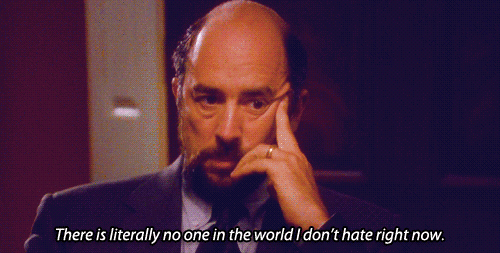Kerb Hohl wrote:humanrefutation wrote:HaroldinGMinor wrote:
But millions will get it and get sick thus missing work (not to mention all the people that will die from it...because that won't be a small number if this keeps growing). There is already a HUGE financial impact to this thing and it hasn't really even exploded here in the US. My company canceled all work-related travel for the month, SXSW is canceled as are a number of huge conferences across the country (HIMSS typically has about 37,000 people attend. Not this year. Ace Hardware canceled its 14,000 person event in Chicago as did the always fun World Congress of Cardiology 18,000 attendees). Once the rate of new cases starts doubling each day you are going to see the real impact of this thing.
The death rate for COVID 19 is about 3% of test cases - and it's, in all likelihood, far lower simply because the fact that you will have millions people who will get it and recover without ever being tested for it. The flu is at about 0.1%, by comparison.
So let's say the actual mortality rate is closer to 1%, with the vast majority being people out of the workforce already because of age or other chronic illnesses.
That is absolutely a tragedy - personally, to anyone who loses a loved one. But does that have major economic consequences? Probably not.
The question/fear that everyone has is that it will overload health systems unless drastic measures are taken. Is taking 2 weeks to shut down a city/cancel NCAA tournament (play with no crowd) or SXSW events enough? If that's it, we'll get by. If it's something that other countries we rely on cannot get under control or we cannot control for much longer than that...not good.
Overloading health systems might make the mortality rate go higher. A somewhat healthy 55 year old that would otherwise recover with a respirator for a few days/hours may not get access to one and die.
Yeah, I agree that overloading health systems would be a major problem, but I think we're a ways away from having medical systems that are so significantly overtaxed that otherwise healthy people are dying because of it.
The more likely scenario is that you'll see events cancelled (as it's happening already) or significantly reduced in scope (like the matches being played abroad without crowds). That's precautionary, and understandable, and will have economic impacts on those areas. But I don't see that as a cause for a national recession of this scope.





























